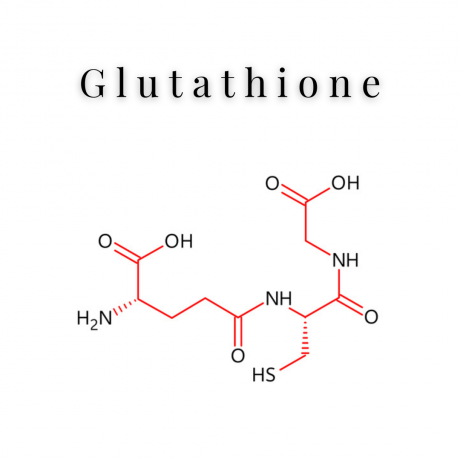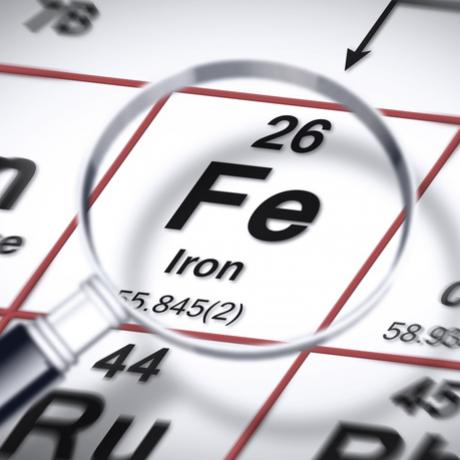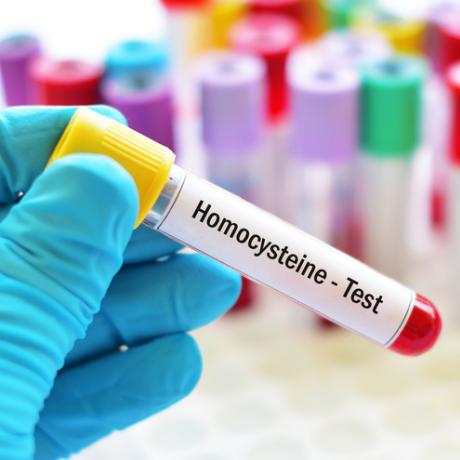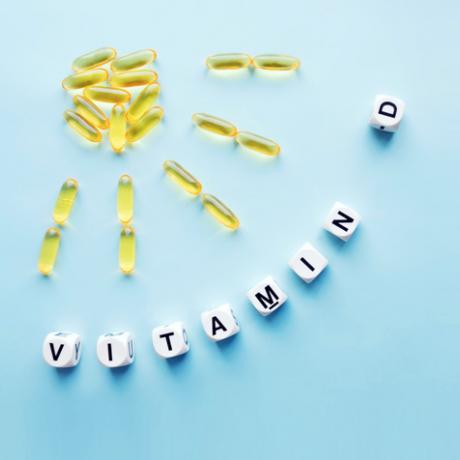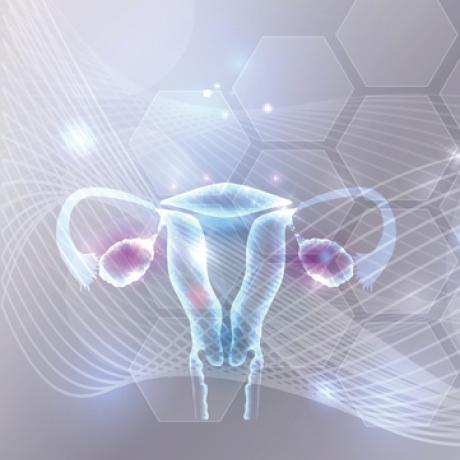How to Get a Great Night's Sleep
We’ve all heard the advice that a getting a good night’s sleep is critical for good health. Indeed, it is. Sometimes that’s easier said than done, right? And can we get a good night’s rest even in the face of stress? Yes!

